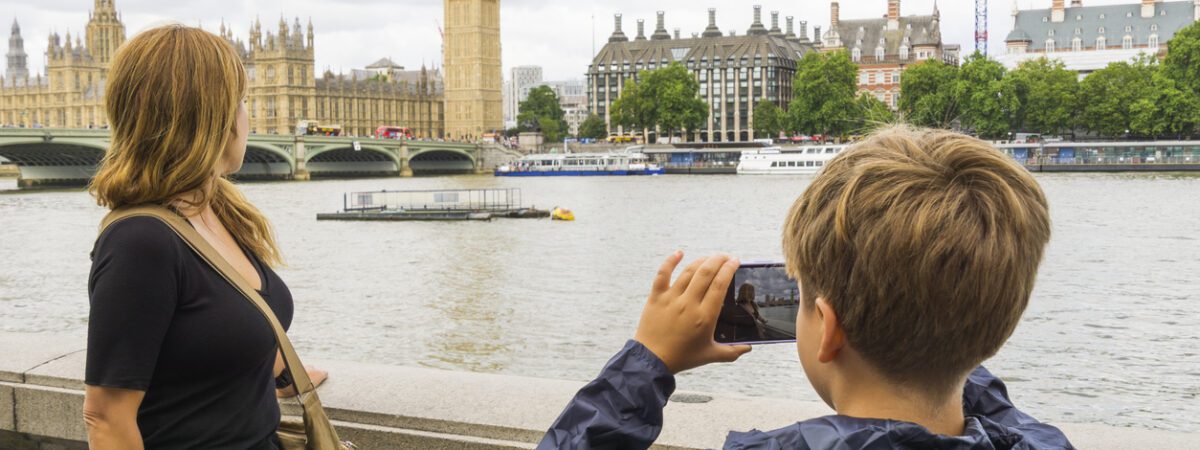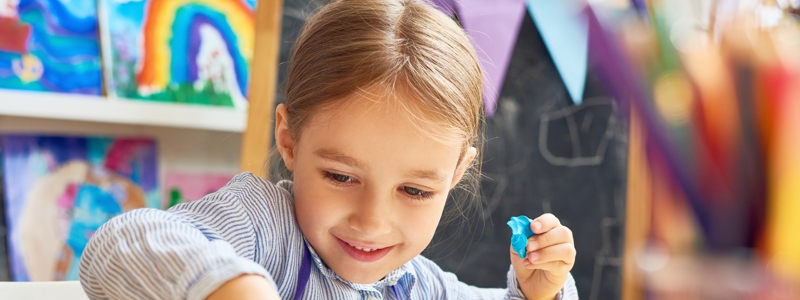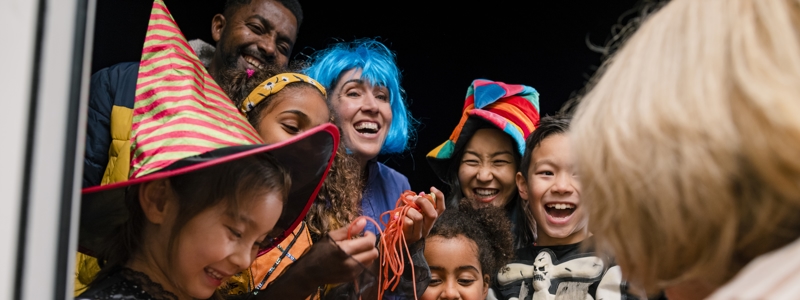Britain’s rich history offers endless opportunities for fun and educational activities. From castles and cathedrals to literature and local traditions, there’s something to spark every child’s curiosity.
Learning about British heritage helps children develop a deeper appreciation of the past, understand cultural identity, and see how history shapes the world they live in today.
Whether you’re a parent seeking weekend ideas or a tutor looking to make lessons more hands-on, exploring heritage through interactive learning can bring history to life in exciting new ways.
Discovering Local Landmarks
One of the best ways to connect with British heritage is by exploring local landmarks. Britain is packed with historic sites, many of which are free or offer discounted entry for children. You don’t have to travel far; even the smallest towns often have a local museum, a centuries-old church, or you might be lucky enough to have a National Park nearby, perfect for a family adventure.
Encourage your child to research local history before visiting. Who built that castle? What was your town like during the Industrial Revolution? After your trip, they could create a scrapbook or presentation to share what they’ve learned. These hands-on projects reinforce knowledge while developing writing, creativity, and presentation skills.
If you’re near major landmarks such as the Tower of London, Stonehenge, or Edinburgh Castle, look out for family-friendly tours or interactive exhibits. Many heritage sites now use augmented reality apps or child-friendly trails that make learning both immersive and fun.
Bringing Literature to Life
British literature is world-famous, and it’s a wonderful way to explore heritage through stories. From Shakespeare’s timeless plays to the adventures of Sherlock Holmes or the magical world of Harry Potter, reading offers a window into different periods of British culture.
You could plan themed days around favourite authors, perhaps a “Victorian Day” inspired by Charles Dickens, complete with costumes and a creative writing exercise. Or, take your child to literary landmarks such as the Brontë Parsonage Museum in Haworth, the Roald Dahl Museum in Buckinghamshire, or Shakespeare’s birthplace in Stratford-upon-Avon.
For younger readers, classic children’s tales like Winnie-the-Pooh, The Tale of Peter Rabbit, and The Chronicles of Narnia are not only enjoyable but also introduce themes of friendship, bravery, and imagination deeply rooted in British storytelling traditions.
Celebrating Traditional Festivals and Customs
Britain’s calendar is filled with cultural celebrations that can easily become learning moments. From Bonfire Night to St George’s Day, Pancake Day, and even Maypole dancing, these traditions provide fascinating insights into how people lived and celebrated through the ages.
Try incorporating simple crafts, recipes, or songs related to these events. For example, you might make paper crowns for the King’s Birthday Parade, or create lanterns for Bonfire Night. By linking learning to the seasons and celebrations, children can better understand how heritage shapes everyday life.
Exploring Family History
Heritage doesn’t always mean grand castles or famous figures—it can start right at home. Encourage your child to explore their own family history by interviewing grandparents, looking through old photographs, or creating a family tree.
This can be an especially powerful project for school holidays or rainy weekends. It helps children see how their personal stories connect to wider historical events, such as wartime evacuations, migrations, or local industries. It also builds empathy, curiosity, and a sense of belonging.
Websites like Ancestry.co.uk or Findmypast.co.uk offer free trials where families can begin tracing records and uncovering fascinating details about their ancestors.
Incorporating Heritage into Everyday Learning
Heritage can be woven into many subjects, not just history. For example:
- Geography: Study how Britain’s landscape has shaped its industries and settlements.
- Science: Look at inventions from British scientists like Isaac Newton or Ada Lovelace.
- Art: Recreate works by British artists such as J. M. W. Turner or Barbara Hepworth.
- Music: Learn about British composers or modern music icons who’ve influenced the world.
Even cooking traditional British dishes, like shepherd’s pie, Cornish pasties, or Welsh cakes, can turn into a lesson about regional cultures, trade routes, and social history.
Keeping Heritage Alive Through Learning
Exploring British heritage encourages children to think critically, appreciate diversity, and connect their learning to the wider world. It’s not about memorising dates or royal lineages but about understanding stories, people, and traditions that continue to influence modern life.
At Tutor Doctor, we believe learning should be as engaging as it is educational. Our tutors use creative approaches to make every subject come alive, tailoring lessons to each child’s interests and learning style. Whether it’s history, literature, or art, we’ll help your child find the spark that keeps them curious and motivated.
Find your nearest Tutor Doctor location today and discover how personalised, one-to-one learning can help your child thrive, while keeping Britain’s incredible heritage alive for generations to come.




